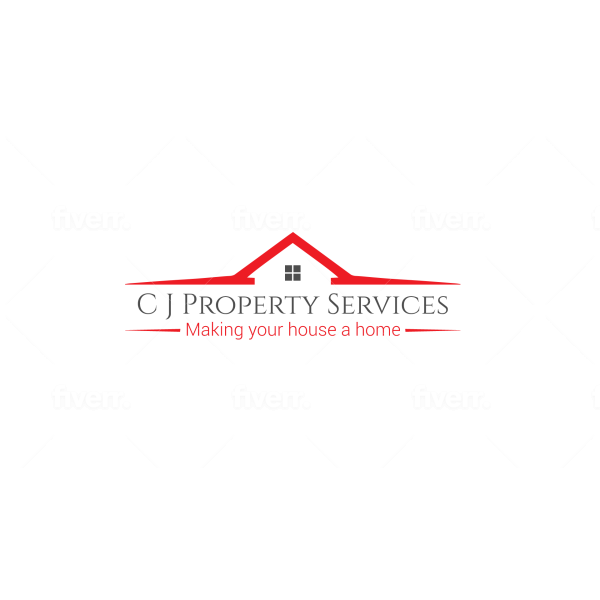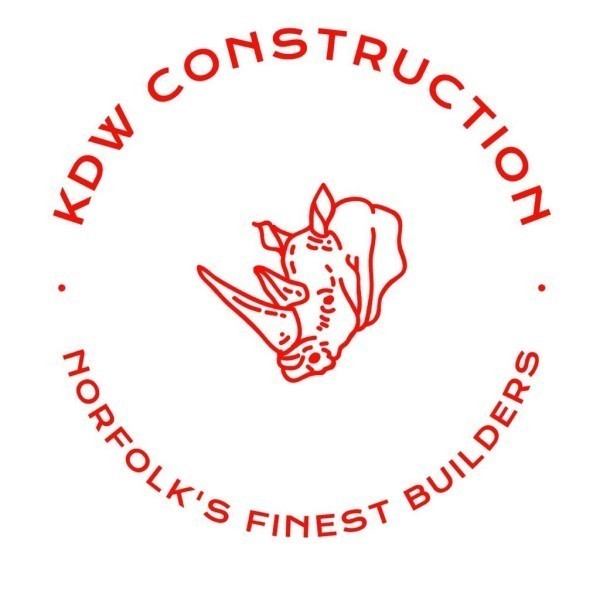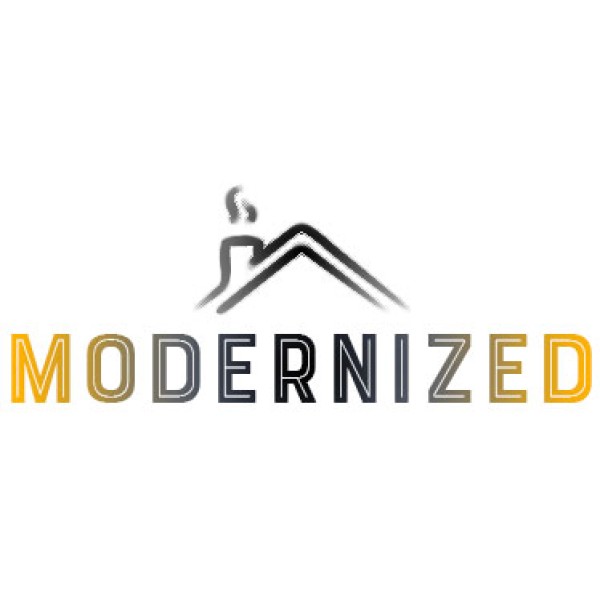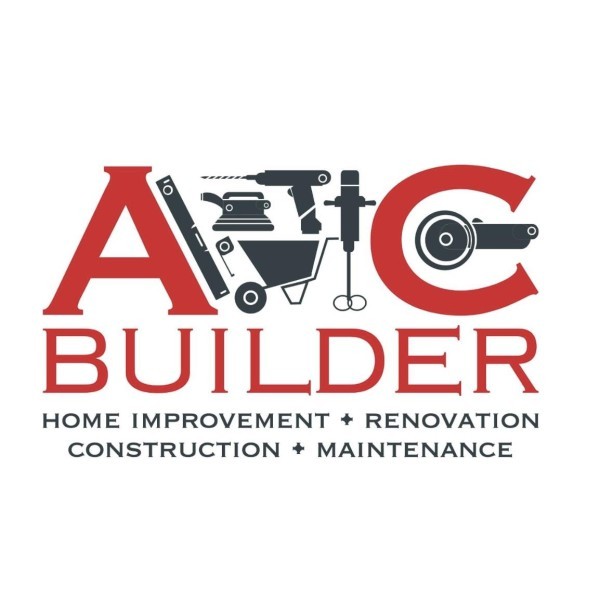Property Maintenance in the UK
Filter your search
Post your job FREE and let trades come to you
Save time by filling out our simple job post form today and your job will be sent to trades in your area so you can sit back, relax and wait for available trades to contact you.
Post your job FREETransform Your Space with Modernized:
Your Premier Renovation Partner
Since its inception in 2015, Modernized has been... read more »
Search Property Maintenance by county
- Property Maintenance in London
- Property Maintenance in Bedfordshire
- Property Maintenance in Berkshire
- Property Maintenance in Bristol
- Property Maintenance in Buckinghamshire
- Property Maintenance in Cambridgeshire
- Property Maintenance in Cheshire
- Property Maintenance in Cornwall
- Property Maintenance in County Durham
- Property Maintenance in Cumbria
- Property Maintenance in Derbyshire
- Property Maintenance in Devon
- Property Maintenance in Dorset
- Property Maintenance in East Riding of Yorkshire
- Property Maintenance in East Sussex
- Property Maintenance in Essex
- Property Maintenance in Gloucestershire
- Property Maintenance in Greater Manchester
- Property Maintenance in Hampshire
- Property Maintenance in Herefordshire
- Property Maintenance in Hertfordshire
- Property Maintenance in Isle of Wight
- Property Maintenance in Isles of Scilly
- Property Maintenance in Kent
- Property Maintenance in Lancashire
- Property Maintenance in Leicestershire
- Property Maintenance in Lincolnshire
- Property Maintenance in Merseyside
- Property Maintenance in Norfolk
- Property Maintenance in North Yorkshire
- Property Maintenance in Northamptonshire
- Property Maintenance in Northumberland
- Property Maintenance in Nottinghamshire
- Property Maintenance in Oxfordshire
- Property Maintenance in Rutland
- Property Maintenance in Shropshire
- Property Maintenance in Somerset
- Property Maintenance in South Yorkshire
- Property Maintenance in Staffordshire
- Property Maintenance in Suffolk
- Property Maintenance in Surrey
- Property Maintenance in Tyne and Wear
- Property Maintenance in Warwickshire
- Property Maintenance in West Midlands
- Property Maintenance in West Sussex
- Property Maintenance in West Yorkshire
- Property Maintenance in Wiltshire
- Property Maintenance in Worcestershire
Understanding Property Maintenance
Property maintenance is a crucial aspect of managing any real estate asset, whether it's a residential home, a commercial building, or an industrial facility. It involves a range of activities aimed at ensuring the property remains in good condition, safe, and functional. By regularly maintaining a property, owners can prevent costly repairs, enhance the property's value, and provide a safe environment for occupants.
The Importance of Regular Property Maintenance
Regular property maintenance is essential for several reasons. Firstly, it helps in preserving the property's value. A well-maintained property is more attractive to potential buyers or tenants, which can lead to higher rental income or a better selling price. Secondly, it ensures safety. Regular checks and repairs can prevent accidents caused by faulty systems or structural issues. Lastly, it enhances the property's aesthetic appeal, making it a pleasant place to live or work.
Preventive vs. Reactive Maintenance
Property maintenance can be divided into two main types: preventive and reactive. Preventive maintenance involves regular inspections and servicing to prevent problems before they occur. This includes tasks like cleaning gutters, servicing HVAC systems, and checking for leaks. Reactive maintenance, on the other hand, involves fixing issues as they arise, such as repairing a broken window or fixing a leaky roof. While both are necessary, a focus on preventive maintenance can save time and money in the long run.
Key Areas of Property Maintenance
Property maintenance covers various areas, each requiring specific attention. These include:
- Structural Maintenance: Ensuring the building's foundation, walls, and roof are in good condition.
- Plumbing: Regular checks on pipes, faucets, and drainage systems to prevent leaks and water damage.
- Electrical Systems: Ensuring wiring, outlets, and lighting are safe and functional.
- HVAC Systems: Regular servicing of heating, ventilation, and air conditioning systems to ensure efficiency.
- Landscaping: Maintaining gardens, lawns, and outdoor areas to enhance curb appeal.
Developing a Property Maintenance Plan
Creating a comprehensive property maintenance plan is vital for effective management. This plan should outline all necessary tasks, their frequency, and who is responsible for them. A well-structured plan ensures that nothing is overlooked and that maintenance is carried out efficiently.
Steps to Create a Maintenance Plan
To develop a robust maintenance plan, follow these steps:
- Assess the Property: Conduct a thorough inspection to identify areas that need attention.
- Prioritise Tasks: Determine which tasks are urgent and which can be scheduled for later.
- Schedule Regular Inspections: Set up a timetable for regular checks and servicing.
- Allocate Resources: Ensure you have the necessary tools, materials, and personnel for maintenance tasks.
- Document Everything: Keep detailed records of all maintenance activities for future reference.
Involving Professionals in Maintenance
While some maintenance tasks can be handled by property owners, others require professional expertise. Hiring qualified professionals ensures that tasks are done correctly and safely. For instance, electrical work should always be carried out by a licensed electrician to prevent hazards.
Budgeting for Property Maintenance
Budgeting is a critical component of property maintenance planning. Allocate funds for both routine maintenance and unexpected repairs. It's advisable to set aside a percentage of the property's value annually for maintenance costs. This proactive approach can prevent financial strain when major repairs are needed.
Common Property Maintenance Challenges
Despite the best efforts, property maintenance can present several challenges. Understanding these challenges can help property owners prepare and respond effectively.
Weather-Related Issues
Weather can significantly impact property maintenance. Extreme temperatures, heavy rain, and snow can cause damage to roofs, foundations, and outdoor areas. Regular inspections and timely repairs are crucial to mitigate weather-related damage.
Ageing Infrastructure
Older properties often face challenges due to ageing infrastructure. Worn-out plumbing, outdated electrical systems, and deteriorating materials require more frequent attention and repairs. Upgrading these systems can be costly but is necessary for safety and efficiency.
Tenant-Related Concerns
For rental properties, tenant-related issues can complicate maintenance. Tenants may not report problems promptly, leading to more significant issues. Establishing clear communication channels and educating tenants on the importance of reporting maintenance issues can help address this challenge.
Technological Advancements in Property Maintenance
Technology is revolutionising property maintenance, making it more efficient and effective. From smart home systems to maintenance management software, these advancements offer numerous benefits.
Smart Home Technology
Smart home technology allows property owners to monitor and control various systems remotely. Smart thermostats, security systems, and leak detectors can alert owners to potential issues, enabling prompt action.
Maintenance Management Software
Maintenance management software helps property owners organise and track maintenance tasks. These tools can schedule inspections, manage work orders, and keep records, streamlining the maintenance process.
Energy Efficiency Improvements
Technological advancements also focus on energy efficiency. Upgrading to energy-efficient appliances and systems can reduce utility costs and environmental impact. Regular maintenance ensures these systems operate at peak efficiency.
Environmental Considerations in Property Maintenance
Environmental sustainability is becoming increasingly important in property maintenance. Implementing eco-friendly practices can benefit both the environment and property owners.
Eco-Friendly Materials and Practices
Using eco-friendly materials for repairs and renovations can reduce a property's environmental footprint. Additionally, practices like recycling waste materials and using non-toxic cleaning products contribute to sustainability.
Water Conservation Measures
Water conservation is a critical aspect of sustainable property maintenance. Installing low-flow fixtures, repairing leaks promptly, and using drought-resistant landscaping can significantly reduce water usage.
Energy Conservation Strategies
Implementing energy conservation strategies, such as using LED lighting and installing solar panels, can reduce energy consumption and lower utility bills. Regular maintenance ensures these systems function efficiently.
Legal and Regulatory Aspects of Property Maintenance
Property maintenance is subject to various legal and regulatory requirements. Understanding these obligations is essential for property owners to avoid legal issues and ensure compliance.
Building Codes and Standards
Building codes and standards set the minimum requirements for property maintenance. These regulations cover aspects like structural integrity, fire safety, and accessibility. Compliance is mandatory to ensure safety and avoid penalties.
Health and Safety Regulations
Health and safety regulations aim to protect occupants from hazards. Regular maintenance of systems like HVAC, plumbing, and electrical is crucial to meet these standards and provide a safe environment.
Environmental Regulations
Environmental regulations govern aspects like waste disposal, water usage, and energy efficiency. Property owners must adhere to these regulations to avoid fines and contribute to environmental protection.
Frequently Asked Questions
- What is property maintenance? Property maintenance involves activities to keep a property in good condition, safe, and functional.
- Why is regular property maintenance important? It preserves property value, ensures safety, and enhances aesthetic appeal.
- What are the types of property maintenance? There are two main types: preventive and reactive maintenance.
- How can technology help in property maintenance? Technology offers tools like smart home systems and maintenance management software to streamline tasks.
- What are some eco-friendly property maintenance practices? Using sustainable materials, conserving water, and implementing energy-efficient systems are eco-friendly practices.
- What legal aspects should property owners consider? Owners must comply with building codes, health and safety regulations, and environmental laws.
In conclusion, property maintenance is a multifaceted responsibility that requires careful planning and execution. By understanding its importance, developing a comprehensive plan, and embracing technological advancements, property owners can ensure their assets remain valuable, safe, and sustainable for years to come.


































